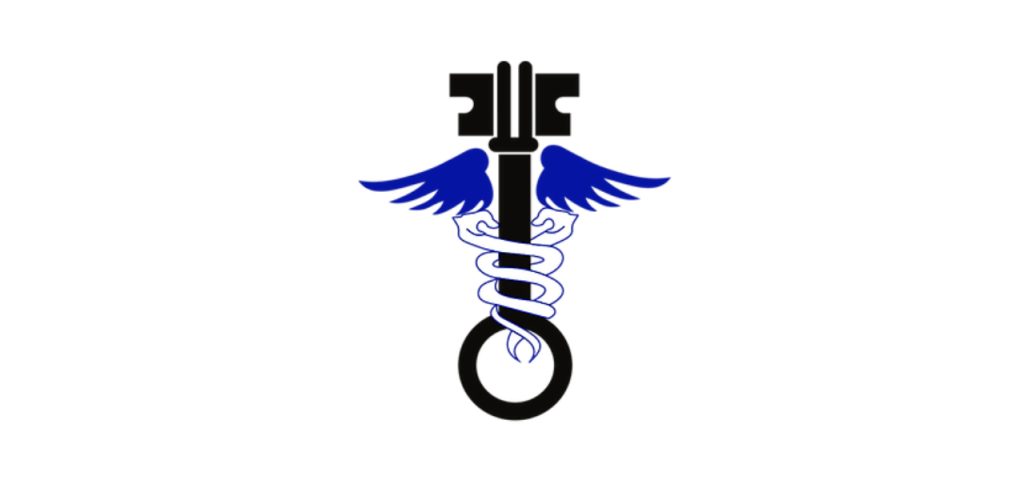Tobacco Control Data in South Africa
South Africa joined the World Health Organization’s (WHO) Framework Convention on Tobacco Control on July 18, 2005, with the enactment of its initial Tobacco Products Control Act in 1993. Despite this, subsequent amendments were regularly introduced to fortify the legislation’s loopholes. The Tobacco Products Control Act of 1993 remains South Africa’s principal law for tobacco control, governing advertising, age restrictions, packaging, sales, and the point of sale of tobacco products. The urgent need to enhance tobacco control laws in South Africa is underscored by alarming statistics. In 2012, tobacco smoking resulted in approximately 31,000 deaths, constituting 7% of total deaths across all age groups. The economic cost of smoking in 2016 was approximately R42 billion, accounting for 1% of the GDP. The Global Adult Tobacco Survey (GATS) for 2021 highlights a concerning tobacco burden in South Africa: 29.4% overall (12.7 million adults) currently use tobacco, with 41.7% of men and 17.9% of women. Additionally, 18.0% of adults (7.7 million) are exposed to tobacco smoke at home. The median monthly expenditure on manufactured cigarettes is 263.1 South African Rands.

Policy analysis reveals progress with the introduction of the Tobacco Products and Electronic Delivery System Control bill on December 9, 2022. The bill aims to address gaps in the 1993 Tobacco Products Control Act, aligning South Africa with the Framework Convention on Tobacco Control. Key provisions include a ban on indoor smoking, restrictions on cigarette sales through vending machines, plain packaging with graphic health warnings, the prohibition of tobacco product displays at point-of-sale, and regulation of electronic nicotine delivery systems. The bill is currently under parliamentary review and open for public hearing. Coalition members submitted their opinions to the Portfolio Committee on Health in August 2024, emphasizing the need for strengthened public health protection measures. However, there is a notable lack of awareness among young people about tobacco control policies, as revealed by a focused group discussion in August 2023. Addressing this, one of the objectives of the advocacy strategy is to ensure comprehensive awareness among youth, fostering their understanding of tobacco control policies. The coalition remains committed to promoting informed engagement and understanding among the youth, recognizing its pivotal role in achieving robust tobacco control measures in South Africa.
World No Tobacco Day South Africa
WNTD 2023
On May 31, 2023, Youth in Action (Y-Act) partnered with Show Me Your Number (SMYN) to observe World No Tobacco Day in Kroondal, Rustenburg, South Africa. The event attracted 70 community members, including 59 youths aged 18-35, and aimed to raise awareness about the harmful effects of tobacco control, aligning with Goal 3 of the United Nations Sustainable Development Goals. Activities included radio interviews on local platforms to inform listeners about the event and its significance, followed by a community march that emphasized the importance of awareness surrounding tobacco use. The day culminated in a community dialogue where participants discussed the dangers of tobacco, secondhand smoke, illicit tobacco trade, and its impact on health and poverty. Attendees were introduced to the Tobacco Control Products Act, enhancing understanding within the community. The event concluded with a memorandum of understanding signed between Kroondal community counselor Mr. Tokolo and SMYN, formalizing their commitment to ongoing collaboration on tobacco control initiatives.
WNTD 2024
World No Tobacco Day in South Africa was held in Kagiso Township, Gauteng, with a focus on the vulnerabilities children face amid the global tobacco epidemic. The event involved 86 children from five local primary schools—Oliphant, Mathlasedi, Schamburg, Athlolang, and Kid Maponya—who participated in a 3km march to raise awareness. During the event, children created posters promoting tobacco-free lifestyles and learned about how the tobacco industry targets them. The awareness campaign educated children about the tactics used by the tobacco industry, such as influencer marketing and creating products that appeal to kids, including cartoon-themed vapes and candy that mimics cigarettes. Y-ACT emphasized that children are especially susceptible to tobacco marketing due to their developmental stage. The event concluded with role-playing activities to teach refusal skills against tobacco use. Various stakeholders, including the Department of Basic Education and SANAC, recognized the project’s importance and expressed commitment to ongoing engagement.
WNTD 2025
On 31 May 2025, a targeted social media campaign was launched in South Africa to commemorate World No Tobacco Day, featuring a custom "Smoke Out" GIF and a striking poster aimed at exposing the tobacco industry's deceptive marketing tactics toward youth. The campaign, shared on Facebook and Instagram, reached a diverse audience, with Facebook garnering 269 views and strong engagement from non-followers. In comparison, Instagram received 78 views and engaged primarily with existing followers. This digital advocacy effectively raised awareness of the manipulation employed by the tobacco industry through creative visuals. Additionally, a petition regarding the Tobacco Products and Electronic Delivery Systems Bill was circulated to capture young people's perspectives on tobacco control in South Africa, demonstrating community interest in stronger public health measures. A community session organized by the Y-act subgrantee brought together residents of Thembisa township and learners from Phomolong Secondary School to discuss the harmful effects of tobacco and the industry's tactics aimed at youth. By facilitating dialogue and education, the initiative empowered participants to recognize and resist manipulative strategies, fostering a healthier community that prioritizes the well-being of young individuals.
Coalitions
Coalition Organizations Profile
The South African coalition plays a crucial role during the project period, offering counsel to influence strategic decisions and providing expertise and non-binding advice on overall management. Structured to maximize project success, the coalition monitors progress, creates a unified advocacy voice, increases reach and influence, demonstrates diversity, adds diverse expertise, leverages resources, legitimizes the cause, and elevates the advocacy message. In response to Objective 1 of the project, which emphasizes youth advocates contributing to the adoption and implementation of FCTC-compliant policies, a coalition of nine youth-led organizations has been established to address this objective in South Africa. Here’s an overview of the key organizations within the coalition:
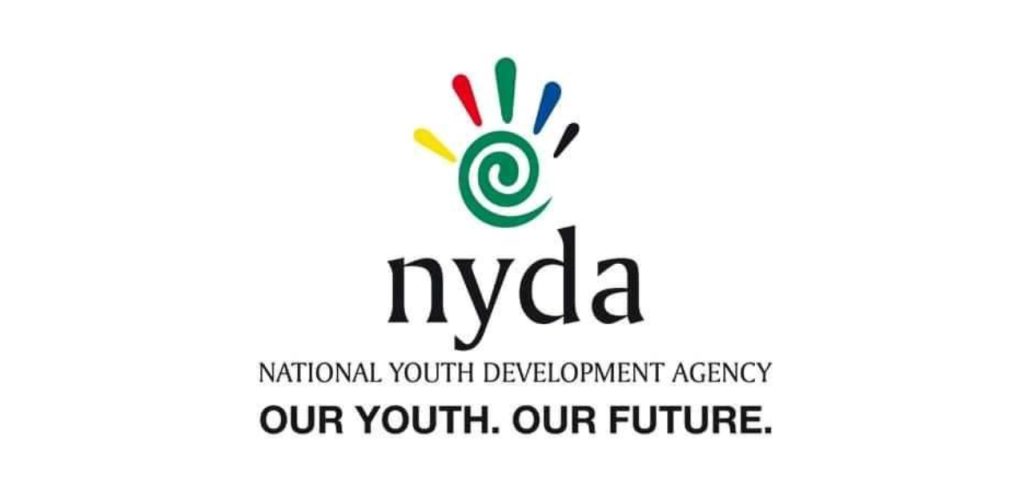
National Youth Development Agency (NYDA)
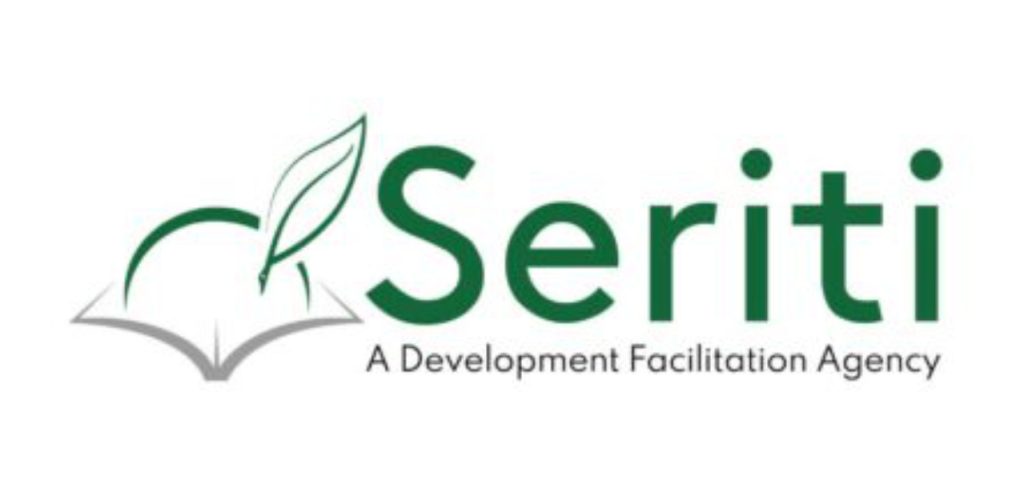
Seriti Institute
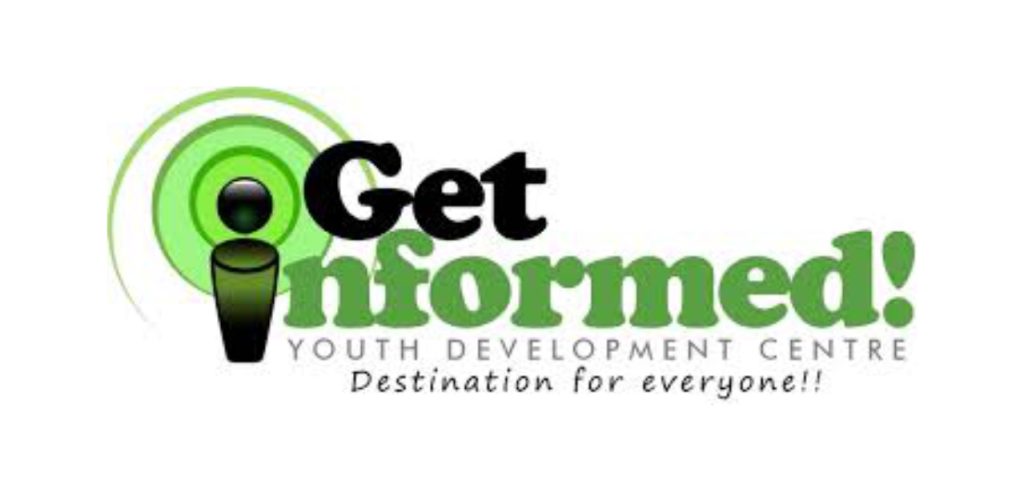
Get Informed Youth Development Center
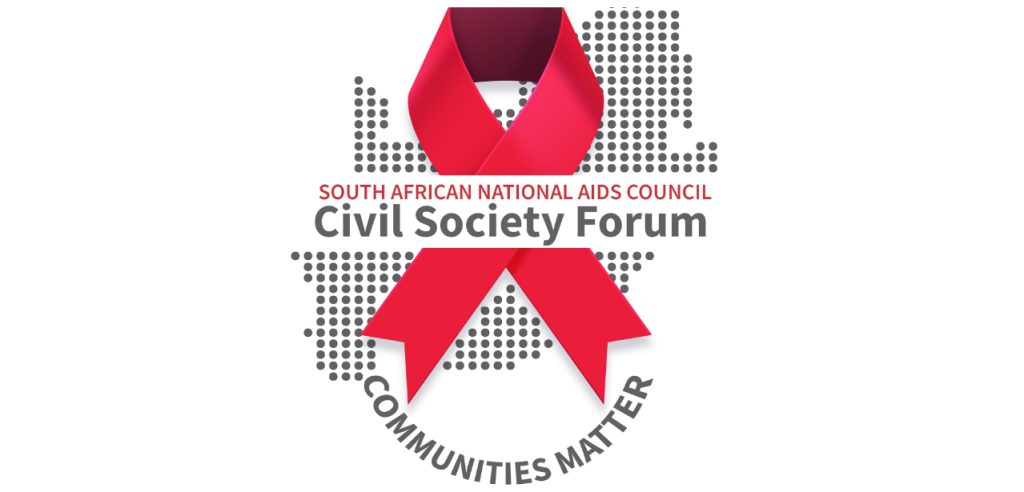
South African AIDS Council (SANC)
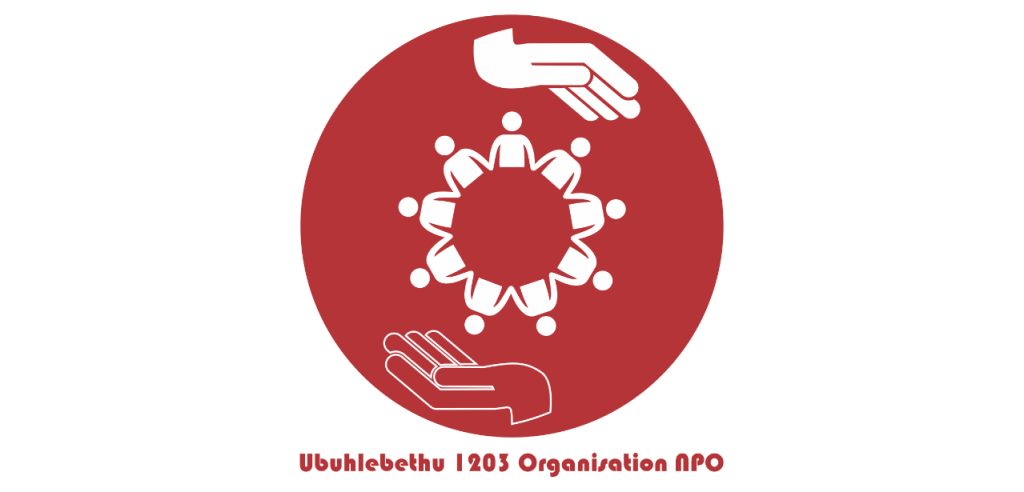
Ubuhlebethu 1203

BLOYTA
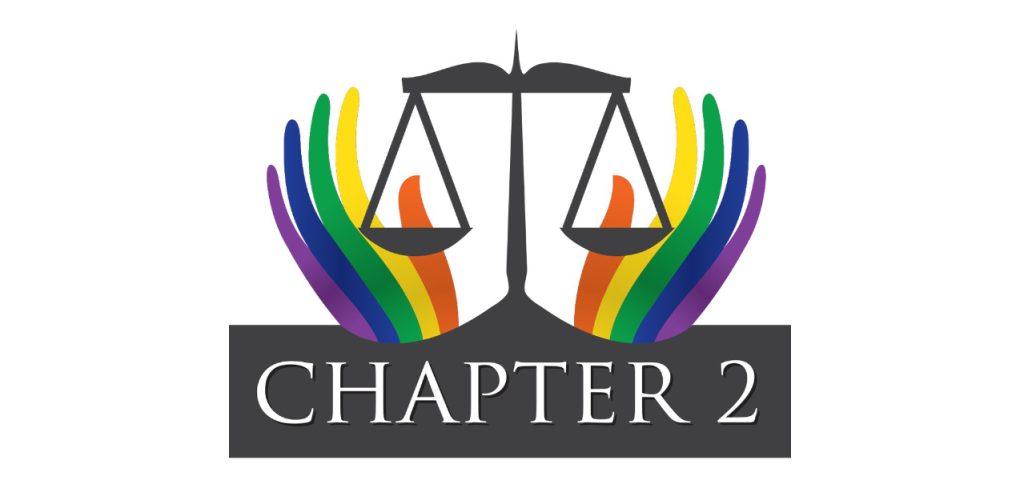
Access Chapter 2 (AC2)
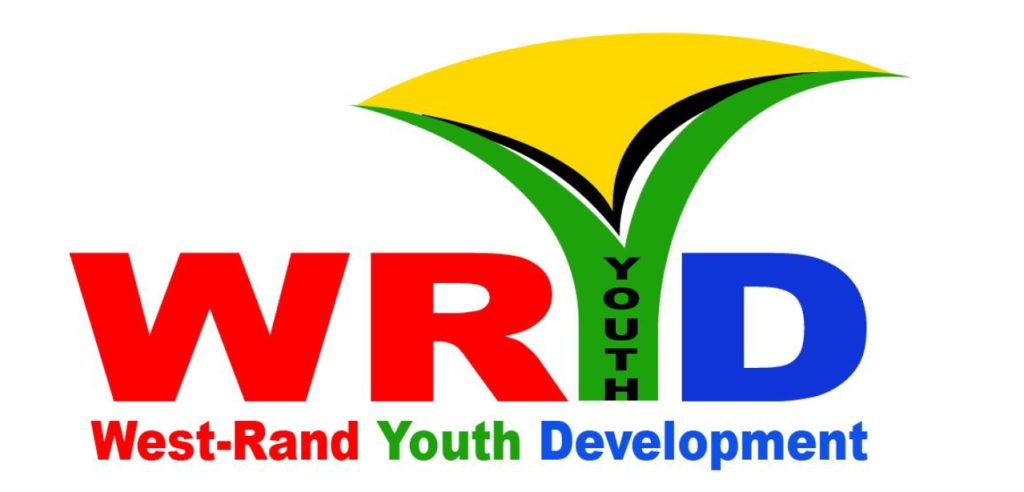
West Rand Youth Development
